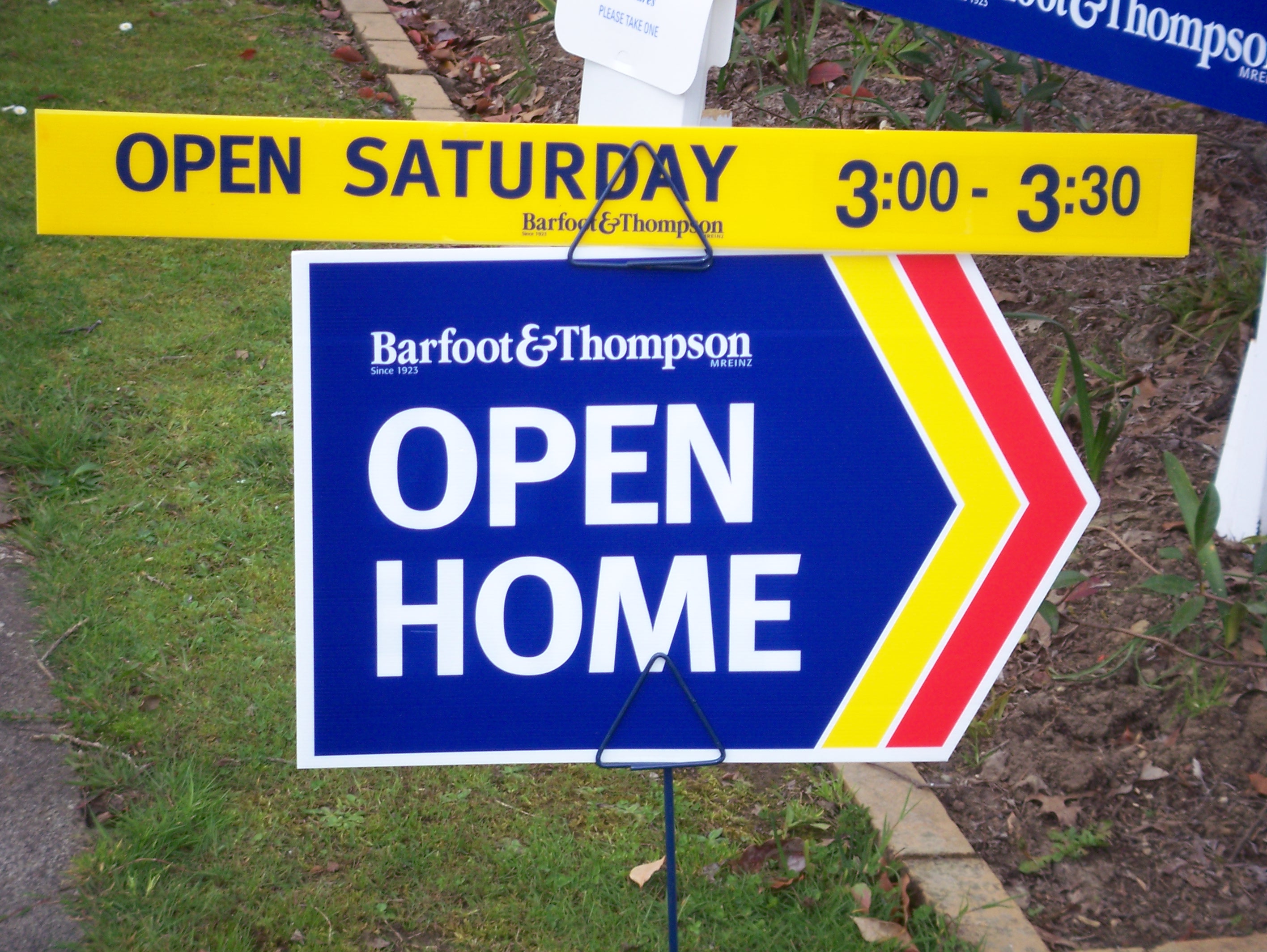The Auckland real estate agency has released its statistics for January.
During the month, 334 homes were sold for less than $500,000 or 39.1% of all the homes sold.
It reverses the trend of November and December. In December, just under 30% of sales were at the cheaper end.
The agency reported an average house price for January of $647,207 and a median of $580,000.
“While these values have eased back on those achieved during last November and December, this is part of the normal seasonal trading pattern,” managing director Peter Thompson said.
“New listings at 1228 were excellent for a January, sales at 854 were up 4.1 percent on those for January last year and 4.5 percent on December’s, and we sold 91 homes for in excess of $1 million, which is exceptionally high for the first month of the year.
“All the indications are that the market is building to being extremely active during the first quarter of the year.”
The average sales price for the month was up 7.7% on January 2013, but down 7.6% on December’s, which was the highest average price ever achieved in a month.
He said the renewed interest in houses below $500,000 indicated more flexibility from the banks towards low-deposit borrowers.
“At the end of January we had 3371 properties listed, the lowest number in a January in more than 11 years. While this number is relatively healthy compared to many months in 2013, to be this low at the start of a year will inevitably increase pressure on prices over the next three to four months. Between now and May is normally one of the two high seasons in a year for house sales, and this strong start to the year suggests that the activity levels of 2013 will remain with us.”




 Search
Search
